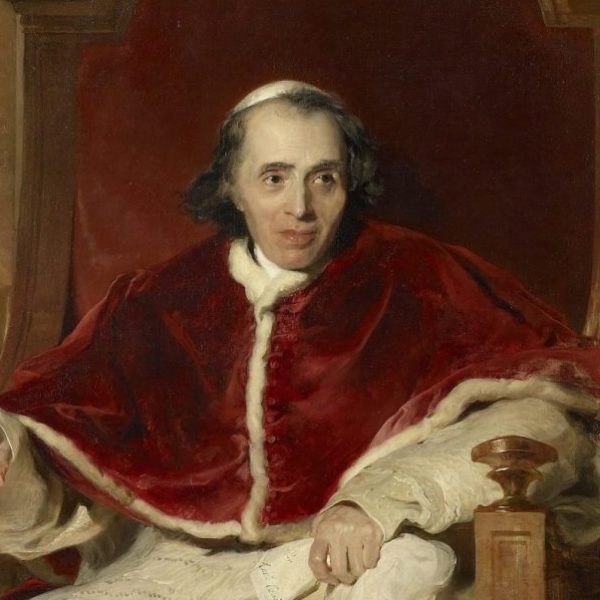A Novel Narration of Religious Conversion
Craig Harline knows that history can be boring. He regrets the way in which many historians, himself included, often “write only for each other, in our special language” or “choose to write about subjects that are not exactly obvious in their relevance.” Accordingly, Harline’s Conversions: Two Family Stories from the Reformation and Modern America, the latest in Yale University Press’s New Directions in Narrative History series, marks a clear departure from this trend.
 Conversions tells two stories. The first is that of Jacob Rolandus, whose conversion to Catholicism in the year 1654 results in his estrangement from his family, a tale which Harline, drawing on family diaries and letters, narrates with novelistic fluidity and emotional depth. The second story follows Michael Sunbloom, a young man who joins the Mormon church in the 1973, then leaves it three years later upon realizing that he is gay, a fact that proves even more devastating to his evangelical parents than his original conversion.
Conversions tells two stories. The first is that of Jacob Rolandus, whose conversion to Catholicism in the year 1654 results in his estrangement from his family, a tale which Harline, drawing on family diaries and letters, narrates with novelistic fluidity and emotional depth. The second story follows Michael Sunbloom, a young man who joins the Mormon church in the 1973, then leaves it three years later upon realizing that he is gay, a fact that proves even more devastating to his evangelical parents than his original conversion.
Interweaving the lives of both men and their families, Harline takes the reader on a highly personal journey through history, interweaving early modern archival material with more recent events, in which he reveals the connections between the seventeenth century and the twentieth. His own faith has taught him to “[view] others not as Other but as yourself,” to “[try] to understand them on their own terms,” and it is with this perspective that Harline approaches history in general.
“Too often the distant past is treated like the decorative family Bible on the living room coffee table: an heirloom, a relic, something to be admired and fetishized, something you like to know is there, but not necessarily something you draw upon for wisdom.” Harline writes.
By contrast, in Conversions, the distant past is not that Bible on the coffee table, but the people who have lived in the living room, opening the Bible to a verse or setting a cup of coffee down on the table, in the way their ancestors have been doing for hundreds of years before them. In a world where four out of ten Americans has changed religions at least once, the stories of Jacob Rolandus and Michael Sunbloom are neither dusty relics nor memories that we can allow to fade. Rather, they are examples of how two families responded to the “awful choice” between faith and family that offer insight into the awful choices we continue to make today.



